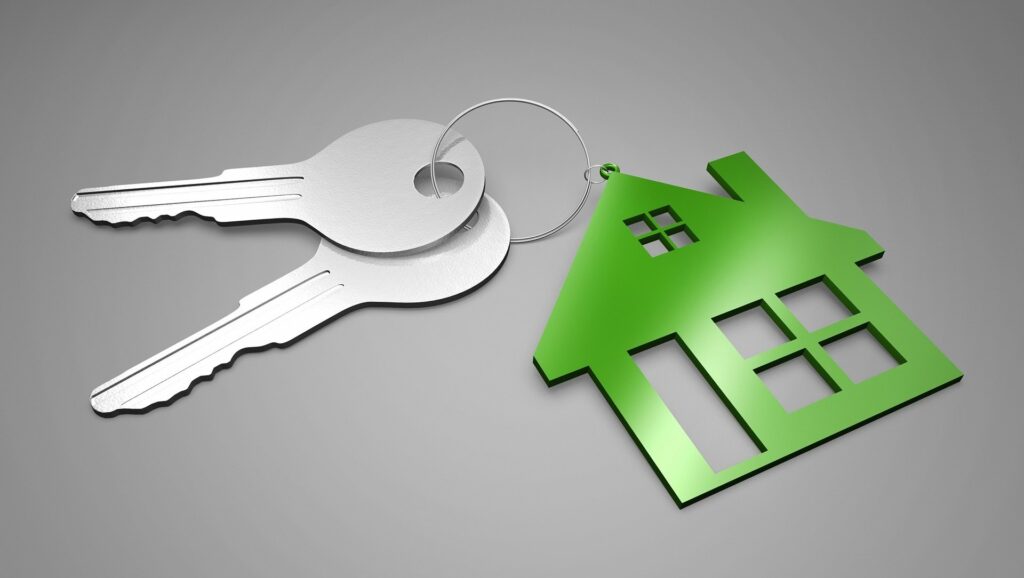In response to the coronavirus threat, many local and state governments enacted restrictions which prevented some businesses/industries from operating entirely, while other businesses could still operate at a reduced workload. Realizing that many homeowners would have little or no income with which to make their mortgage payments, many mortgage lenders offered their borrowers a moratorium on their mortgage payments. Essentially, the homeowner would not have to make their mortgage payment for a period of time, usually between three and six months. Failure to make payments during the moratorium period would not constitute a default. However, absent from many of the forbearance notifications was an indication of what would happen when the moratorium ended. Many homeowners, understandably occupied by other issues, did not bother to inquire as to what would be expected when the moratorium expired.
Miscalculated Assumptions
Many homeowners assumed that the payments that came due during the moratorium would be rolled into the loan balance or added to the end of the loan. Some homeowners, especially those who had modified loans in the past, assumed that they would be able to modify their loan at the end of the moratorium and address the missed payments in that manner. Unfortunately, that is not what is happening as the first wave of mortgage payment moratoriums expires. Homeowners who received a three-month moratorium are starting to discover that the full amount of the payments that came due during the moratorium are now due and expected to be paid in full to the mortgage company. To compound the problem further, other homeowners miscalculated the term of the moratorium. They were likely unaware that payments would resume in June, July or August, depending upon when the mortgage lender initiated the moratorium.
What Are Your Options?
If you have received a notice regarding the end of your moratorium and find yourself in this position with your lender, there are several options that you may wish to pursue. If you have returned to work or have otherwise regained most of your pre-pandemic household income, you may want to contact the lender about a loan modification. This may not be an option for you if you have modified your loan in the last 2-5 years. If your income has not returned to previous levels, and you find that you would struggle with the regular mortgage payment, you’ll probably be denied a loan modification. If you are able to maintain the payments, but do not have the ability to catch up the past due payments, you may wish to obtain a small unsecured loan, or an advance on a credit card, and use that money to make the past due mortgage payments. In the alternative, you could also borrow against your 401(k) plan and use those funds to catch up the missed moratorium payments.
Establish a Game Plan
The important thing is to communicate with your lender and promptly provide all requested documents. You must also be realistic about your finances, especially if your income has decreased since the pandemic started and has not returned to its previous levels. If you are married, you and your spouse should sit down and establish a monthly budget and confirm that you will be able to make the mortgage payments going forward. Given the uncertainty of this country’s economic future, it is crucial that you take an honest appraisal of your household finances, so that you can make realistic decisions about maintaining your house payment going forward.
In Conclusion
It is not the policy of Leiden & Leiden, P.C. to suggest obtaining debt to handle debt. But the unsecured loan or credit card advance will offer the ability to spread the payments out over months and/or years, rather than the alternative of having to come up with the money all at once. Also, the consequences of defaulting on a home loan are much more significant than defaulting on an unsecured loan. Ultimately, if you are not able to make the missed payments up, or modify the loan, then a Chapter 13 bankruptcy may be the only option remaining which would allow you to prevent the foreclosure of your residence, and offer a court – supervised process to pay the defaulted payments. Chapter 13 bankruptcy If your lender notifies you of a default or foreclosure, you should contact a bankruptcy attorney immediately.

